Nora a doll’s house monologue – Nora’s monologue in “A Doll’s House” is a transformative moment that challenges societal norms and sparks a journey of self-discovery. Her powerful words ignite a revolution within her, leading her to question her identity, criticize societal expectations, and ultimately break free from the confines of her “doll’s house.”
Nora’s journey resonates with contemporary audiences, inspiring conversations about gender, identity, and the pursuit of freedom.
Introduction
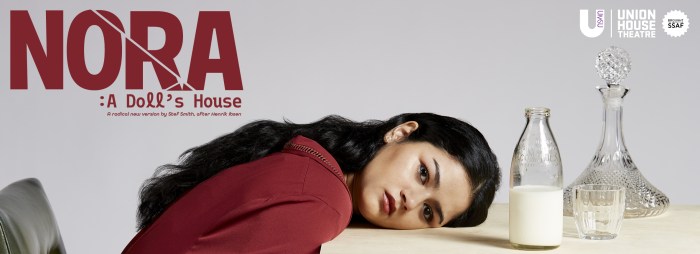
Nora’s monologue in Henrik Ibsen’s play “A Doll’s House” is a pivotal moment that reveals her awakening and realization of her own identity and independence. The play explores the themes of gender roles, societal expectations, and personal growth within the confines of a traditional 19th-century marriage.
Nora, the protagonist of the play, is initially portrayed as a carefree and seemingly submissive wife and mother. However, as the plot unfolds, she begins to question her role in society and the stifling expectations placed upon her.
Nora’s Character and Situation
Nora’s character is a complex and multifaceted one. She is initially depicted as a loving and devoted wife to her husband, Torvald, and a caring mother to their three children. However, beneath this facade, she harbors a deep-seated sense of dissatisfaction and a longing for a more meaningful life.
Nora’s situation is further complicated by her husband’s controlling and patronizing behavior. Torvald treats Nora as a child, often dismissing her opinions and decisions. This stifles Nora’s growth and prevents her from fully realizing her potential.
Nora’s Awakening
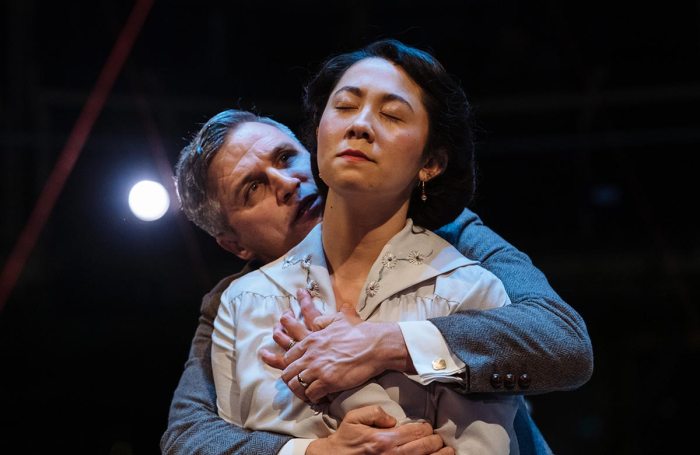
Nora’s monologue marks a pivotal moment in her journey of self-discovery. As she unravels the complexities of her life, she experiences a profound awakening that transforms her perception of herself and her circumstances.
The Pivotal Moment
The pivotal moment in Nora’s monologue occurs when she realizes the extent to which she has been living a life of deception and self-denial. She has been a “doll” in her husband’s eyes, a mere object of possession and control.
As she reflects on her marriage and her role within it, she recognizes that she has sacrificed her own identity and aspirations to conform to the expectations of others.
The Decision to Leave
Nora’s realization leads her to a profound decision: she must leave her husband and children. This decision is not made lightly, but it is a necessary step for her to reclaim her own life and find her true self. She has come to understand that her happiness and fulfillment cannot be found in the confines of a stifling and oppressive marriage.
Nora’s Critique of Society
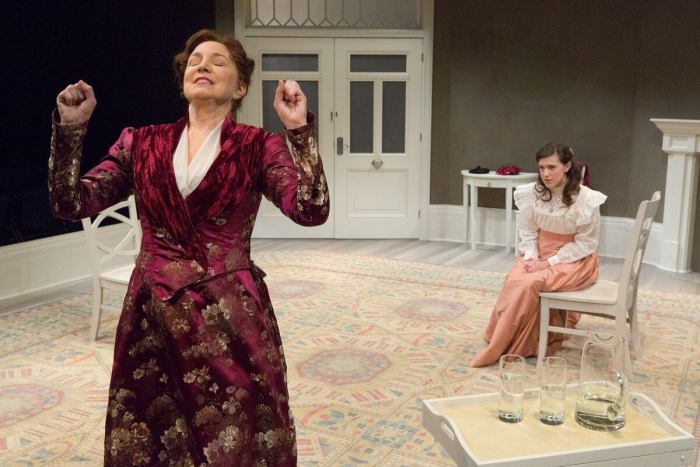
Nora’s monologue is a powerful indictment of the societal norms and expectations placed on women in the 19th century. She challenges traditional gender roles and the institution of marriage, arguing that women should be treated as equals to men and have the same opportunities to pursue their own happiness.
Nora’s Critique of Gender Roles
Nora argues that women are unfairly restricted by societal expectations of how they should behave. She says, “I have been a wife and a mother first and foremost. But I have been a human being too – or at least I’d like to think so – with a mind and a will of my own.”
Nora believes that women should be allowed to pursue their own interests and ambitions, just like men. She says, “I want to be a human being, not just a wife and mother. I want to be able to use my mind and my talents for something more than just keeping house and raising children.”
Nora’s Critique of Marriage
Nora also critiques the institution of marriage, arguing that it is often oppressive to women. She says, “Marriage is a lie. It’s a trap. It’s a way for men to control women and keep them in their place.”
Nora believes that women should be free to choose whether or not to marry, and that they should not be forced into marriages that they do not want. She says, “I want to be able to choose who I marry, and I want to be able to leave a marriage if I’m not happy.”
Nora’s Search for Identity: Nora A Doll’s House Monologue
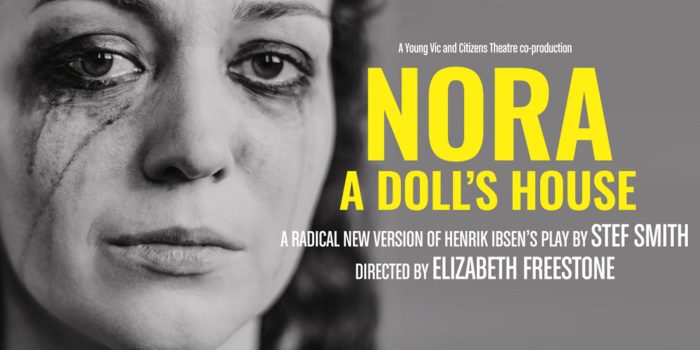
Nora’s monologue in “A Doll’s House” is a poignant exploration of a woman’s journey of self-discovery and her search for her own identity outside of her societal roles. Through her experiences and reflections, Nora sheds light on the struggles faced by women in finding their place in a patriarchal society.
Nora’s Awakening
Nora’s awakening begins when she realizes that she has been living a life defined by others. Her husband, Torvald, has treated her like a doll, a plaything to be admired and protected. Nora’s role as a wife and mother has consumed her, leaving her with little time or space to explore her own desires and aspirations.
However, when Nora discovers that she has committed a crime to save Torvald’s life, she is forced to confront the truth about her own life. She realizes that she has been living a lie, pretending to be someone she is not.
Nora’s impassioned monologue in “A Doll’s House” resonates with the plaintive melodies of an A-flat major scale clarinet . Its somber tones mirror her struggle for freedom and identity, evoking the melancholy and yearning that permeate her words. As Nora’s voice echoes through the theater, the clarinet’s mournful notes intertwine with her emotions, creating a symphony of poignant introspection.
This realization is the catalyst for Nora’s search for her own identity.
Nora’s Critique of Society
Nora’s monologue also serves as a critique of the societal norms and expectations that restrict women’s lives. Nora’s experiences highlight the double standards and hypocrisy that exist within the patriarchal society of her time. Women are expected to be submissive, obedient, and self-sacrificing, while men are free to pursue their own interests and ambitions.
Nora’s rebellion against these societal norms is a powerful statement about the need for women to have autonomy and self-determination. She refuses to continue living a life that is dictated by others, and instead chooses to embark on a journey of self-discovery.
Nora’s Impact on the Play
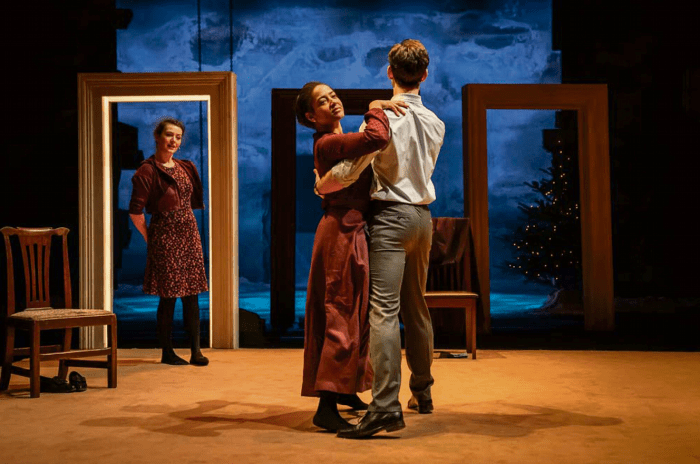
Nora’s monologue serves as a pivotal moment in “A Doll’s House,” profoundly shaping its structure and conveying its central message. Her words and actions have had a lasting impact on the play’s reception and interpretation.
Nora’s Role in the Play’s Structure
Nora’s monologue occurs at a crucial juncture in the play, marking a turning point in the plot. It serves as a catalyst for Nora’s personal transformation and sets in motion the events that lead to the play’s climax and resolution.
Her revelation and subsequent actions create a dramatic tension that drives the narrative forward.
Nora’s Influence on the Play’s Reception
Nora’s monologue has had a profound impact on the reception of “A Doll’s House.” Her character and her journey have resonated with audiences, particularly women, who saw in her a reflection of their own experiences and struggles. Her defiance of societal norms and her search for personal freedom sparked controversy and debate, challenging traditional views of gender roles and marriage.
Nora’s Impact on Interpretation, Nora a doll’s house monologue
Nora’s monologue has also influenced the interpretation of the play. Critics have analyzed her words and actions to explore various themes, including the nature of marriage, the role of women in society, and the importance of personal growth. Her journey has been interpreted as a symbol of women’s liberation and a critique of the patriarchal structures that limit their potential.
Modern Relevance
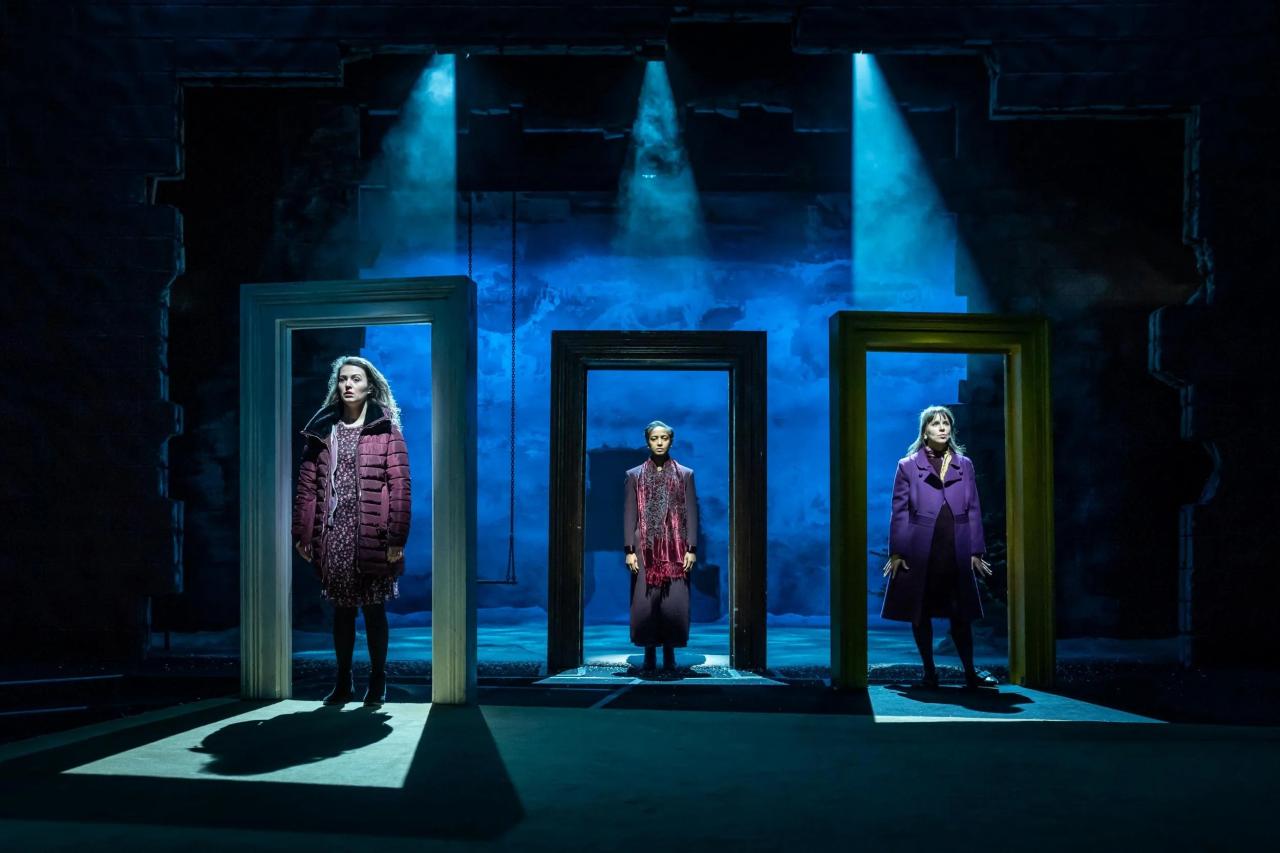
Nora’s monologue remains profoundly relevant to contemporary audiences as her struggles and insights mirror ongoing societal issues. Her quest for gender equality, personal identity, and freedom continues to resonate with modern readers.
Nora’s Critique of Society
Nora’s critique of society’s patriarchal structures and restrictive gender roles resonates with modern audiences. Her challenge to the idea that women should be subservient to men and confined to domestic roles reflects the ongoing struggle for gender equality. Her assertion that women should have the same rights and opportunities as men is a powerful message that continues to inspire contemporary feminists.
Clarifying Questions
What is the significance of Nora’s monologue in “A Doll’s House”?
Nora’s monologue is a pivotal moment in the play where she realizes her true self and decides to leave her husband and children, challenging societal expectations and the institution of marriage.
How does Nora’s monologue critique societal norms?
Nora criticizes the societal norms and expectations placed on women, particularly the idea that they are subservient to men and their primary role is to serve their husbands and children.
What is Nora’s search for identity?
Nora’s search for identity involves exploring who she is outside of her societal roles as a wife and mother. She questions her own desires, beliefs, and values.